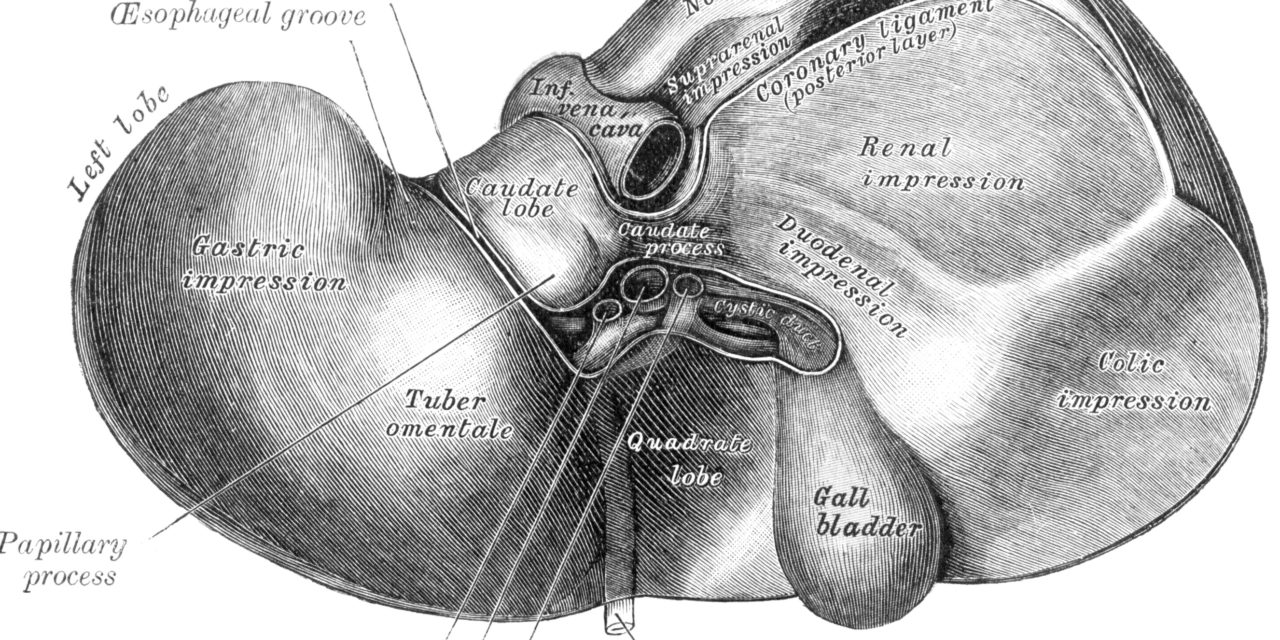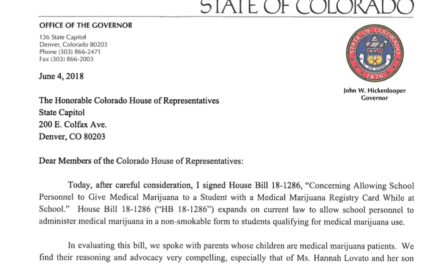Stanford, CA: Cannabis use is not linked to either hepatic fibrosis or non-alcoholic fatty liver disease (NAFLD), according to a meta-analysis published in the European Journal of Gastroenterology & Hepatology. Non-alcoholic fatty liver disease is the most prevalent form of liver disease, affecting an estimated 80 to 100 million people in the United States.
Investigators with Stanford University and the University of Tennessee reviewed data from nine separate studies involving nearly six million subjects. A pooled analysis of the results reported that cannabis-using subjects were less likely than non-users to suffer from either fibrosis or NAFLD.
They concluded: “Marijuana use did not increase the prevalence or progression of hepatic fibrosis in HCV and HCV-HIV-coinfected patients. On the contrary, we noted a reduction in the prevalence of NAFLD in marijuana users. Future studies are needed to further understand the therapeutic impact of cannabidiol-based formulations in the management of NAFLD.”
For more information, contact Paul Armentano, NORML Deputy Director, at: paul@norml.org. Full text of the study, “Marijuana is not associated with progression of hepatic fibrosis in liver disease: A systemic review and meta-analysis,” appears in the European Journal of Gastroenterology & Hepatology.
Eur J Gastroenterol Hepatol. 2018 Sep 18. doi: 10.1097/MEG.0000000000001263. [Epub ahead of print].
CONCLUSION:
Marijuana use did not increase the prevalence or progression of hepatic fibrosis in HCV and HCV-HIV-coinfected patients. On the contrary, we noted a reduction in the prevalence of NAFLD in marijuana users. Future studies are needed to further understand the therapeutic impact of cannabidiol-based formulations in the management of NAFLD.





